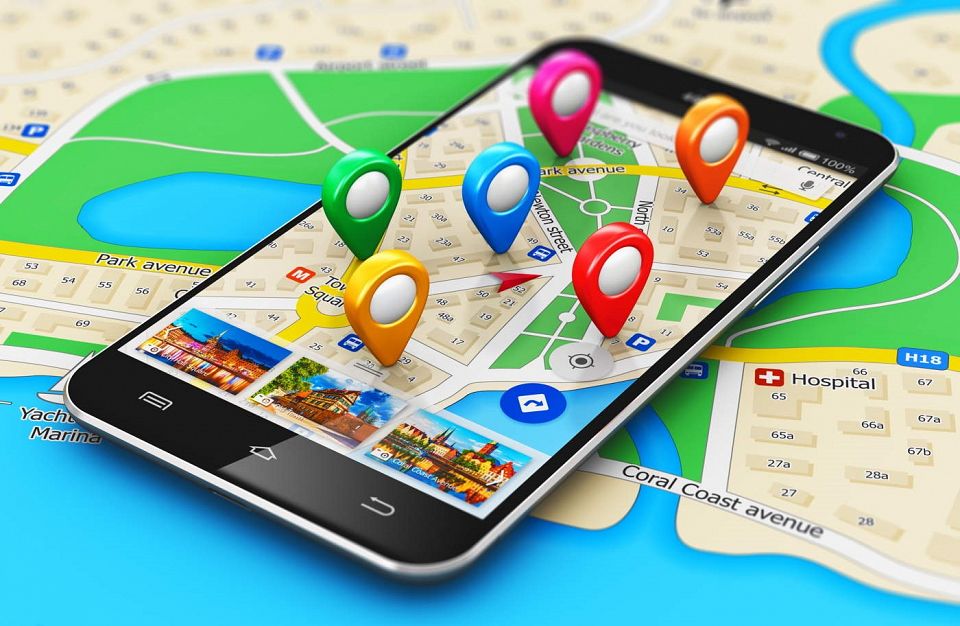LA RELÈVE: Mobile Apps: Their Role in the Tourism Industry, Miranda Vaillancourt, Collège LaSalle
Millennials and Gen X’ers have had a huge impact on the digitalization of traveling. Everything has been made easily accessible no matter where you are. Be it through dreaming, planning, booking, experiencing or sharing there is an app for every step of the traveling process. The youth travelers like to know where to stay, visit, eat and shop through the advice of the apps on their phones, tablets or computers. They don’t like to rely on other people to book their travels for them, they are interested in self-planned, self-booked adventures.

A TripAdvisor study found that a growing number of 42% of travelers use their phones to plan or book their trips. (CARTER) This study also found that the countries with the most “connected travelers”, whom are those using their smartphones throughout the travel stages, are Thailand, China, Brazil and more. The United States of America fell at number 8 on this list. Nearly half of the Asian population fell into the category of “connected travelers”.
Another interesting finding from this study is the amount of travelers who use their travel apps on destination to navigate themselves. They found that 67% of all travelers admitted to using their phones as a map during their holiday. (CARTER) Apps such as City Maps 2GO Offline Maps, Wi-fi Finder and more have been developed in order to aid theses solo-travelers in their foreign adventures. (BERGMAN) Companies must make themselves mobile-accessible in order to not be left in the past. Millennials will expect things to be fast, accessible worldwide, and easy to use.
The top-rated booking apps have been found to be Kayak, whom compares multiple websites directly, Skyscanner which gives you the best dates to travel in order to save money and Hopper which predicts the best time to book your flight. For accommodations the leading apps are AirBnB, Hotel Tonight and Trip Advisor. Once on location many digital reliant tourists use “getting around” apps such as City Mapper, Uber and Google Maps. Whatsapp is the leading communication app for international travelers as it allows you to send messages and call anywhere in the world with ease using Wi-Fi. (CHOKKATTU)
Some well-known companies within the travel industry have found the transition to mobile devices to be quite a challenging one. The travel apps that are rated the lowest when scored out of 100 by users are the US Airways application, Hertz and Southwest Airlines. Due to issues with their mobile applications, many travelers abandon usage all together resulting in very poor statistics for the company. The main issues found are loss of reservations, inability to enter information or frequent crashing of the app. (ELLIOTT) It is found that 48% of mobile application users will stop using an app if it is too slow. (HINMAN)
It is clear that companies with helpful, easy to use apps are the ones that will be doing well in the coming years as the mobile trend takes over the industry. It is important for a company to make itself mobile friendly if it wants to stay relevant in the coming years and take advantage of the new booming market. Keeping up with trends is key to any travel business.
By Miranda Vaillancourt, student at Lasalle College, International school of hotel management and tourism
BIBLIOGRAPHIE
BERGMAN, Brooke. «Millennials Are Influencing Digital Travel Trends More Than Ever.» 29 October 2014. Forbes.
CARTER, Kevin. «TripAdvisor Study Reveals 42% of Travelers Worldwide Use Smartphones to Plan or Book Their Trips.» 30 June 2015. TripAdvisor.
CHOKKATTU, Julian. «The World Can Be Your Oyster With These Great Travel Apps.» 25 April 2017. Digital Trends.
ELLIOTT, Christopher. «Don't Travel Anywhere Without These 10 Apps.» 22 June 2015. Fortune.
HINMAN, Jay. «Infographic: Mobile Apps and Last Minute Travelers.» s.d. Neumob.

Les plus commentés